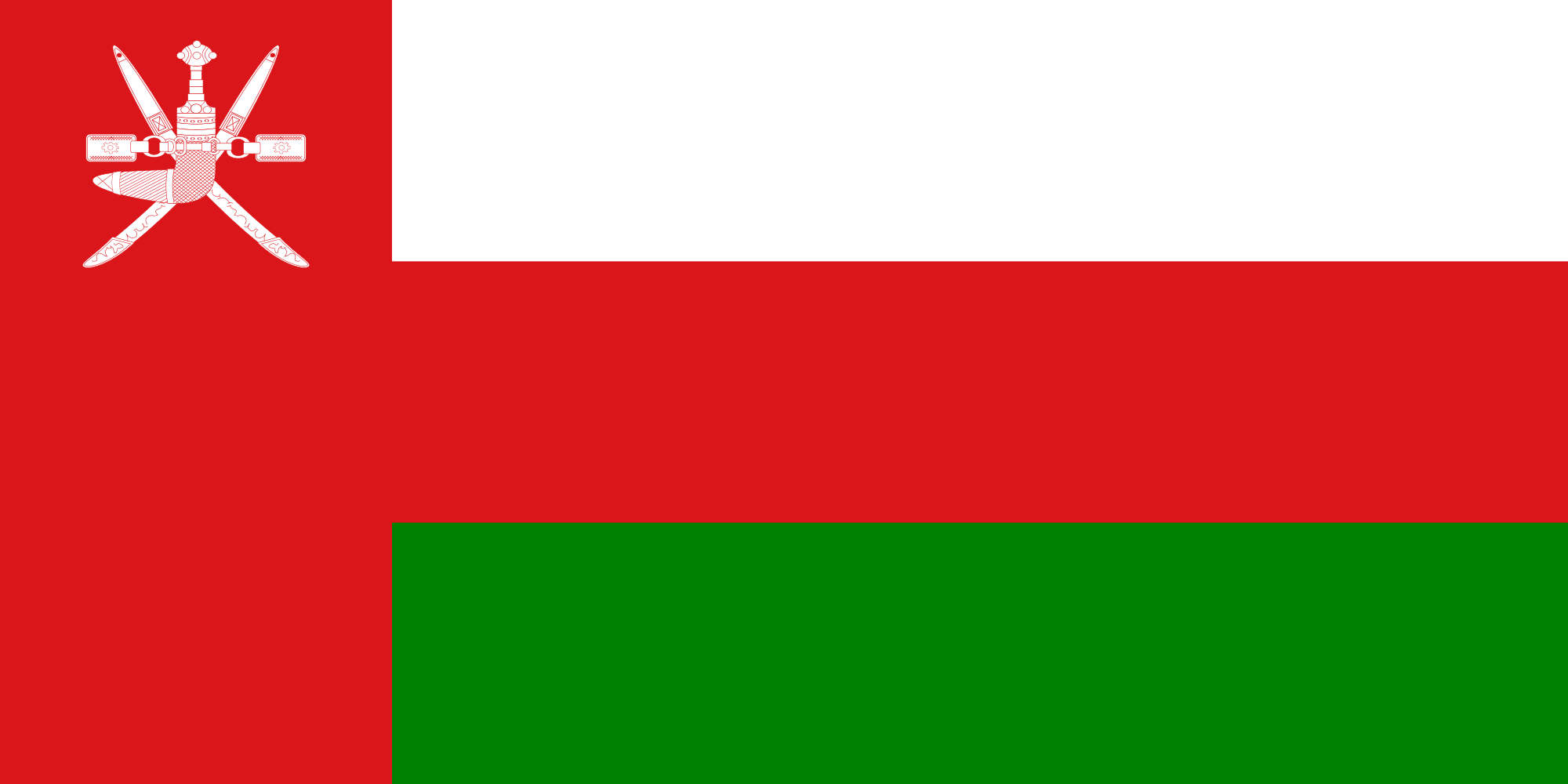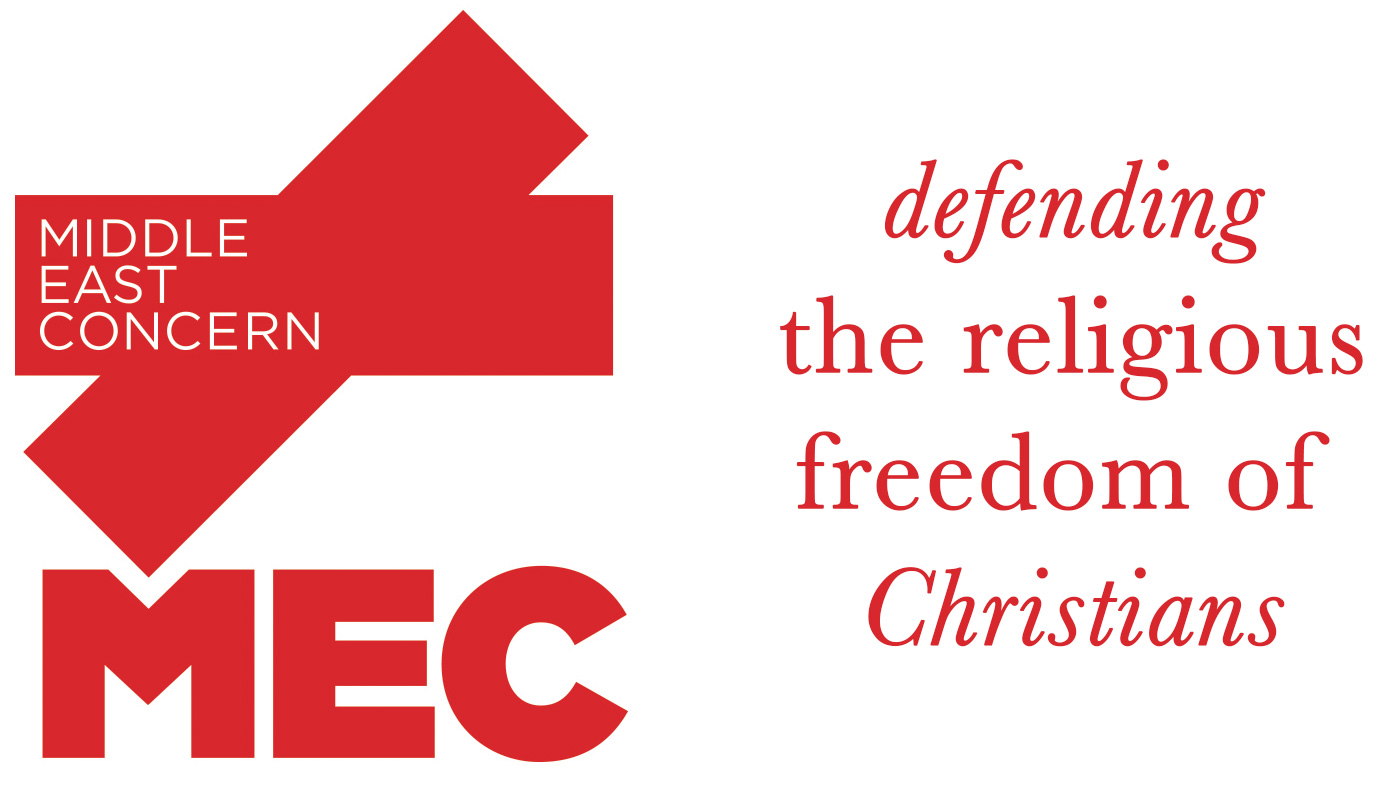
Oman’s population is estimated to be around 4.7 million, around 56% of whom are Omani citizens. The Omani population is almost entirely Muslim – up to 75% Ibadhi, about 20% Sunni and 5% Shi’a. Oman officially recognises Hindu and Sikh associations, as well as three Christian entities – the Catholic Diocese of Oman, the Protestant Church of Oman, and the interdenominational al-Amana Center. A wide range of Catholic, Eastern and Oriental Orthodox and Protestant Churches serve the expatriate communities, each of which must come under the sponsorship of one of the three recognised entities.
The Basic Law of Oman establishes Islam as the religion of the State and Islamic law as the basis of legislation. The Basic Law also affirms the principle of non-discrimination, including on the basis of religion, and asserts the right to practise recognised religious rites provided such practice does not disrupt public order or conflict with accepted standards of behaviour. More severe penal code sanctions were introduced in 2018 for offenses of blasphemy and insulting Abrahamic religions. Classical Ibadhi Islamic jurisprudence is applied in personal status matters. The Ministry of Endowments and Islamic Affairs closely regulates and monitors religious activities, including Islamic activities. Religious leaders must be registered with the Ministry, and permission sought for visiting clergy. Only approved messages can be given within mosques. Prior permission is required for the distribution of religious materials, and for the publication or importing of religious materials. Non-Muslim worship is only permitted on premises officially designated for that purpose, on land donated by the Sultan.
Oman is not a state party to the International Covenant on Civil and Political Rights (ICCPR). However, in reports to the UN Human Rights Council, the Government of Oman has emphasised aspects of the Basic Law which are consistent with international standards, drawing attention, inter alia, to provisions ensuring the right to freedom of religious practice.
Expatriate Christians enjoy considerable freedom in Oman, provided their activities are restricted to designated compounds and that they avoid interaction with Muslims that could be construed as proselytism. Church compounds are typically overcrowded on days of worship as they seek to accommodate multiple congregations of various nationalities and languages. Omani nationals or other Muslims who choose to leave Islam are likely to face strong family and societal pressure. In extreme cases those who leave Islam can face violent responses from family members. Those considered apostates could also face sanctions such as forcible divorce and removal of child custody under Ibadhi personal status laws overseen by Shari’a courts.
